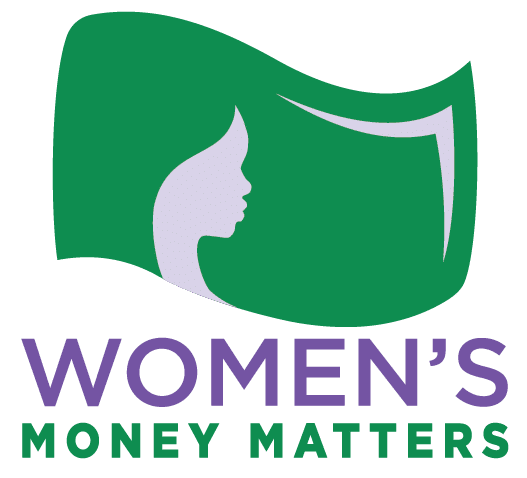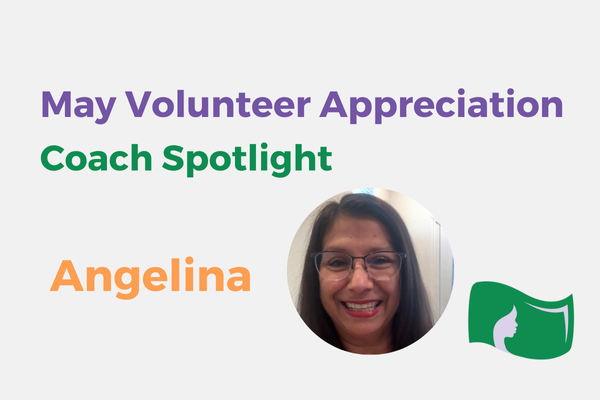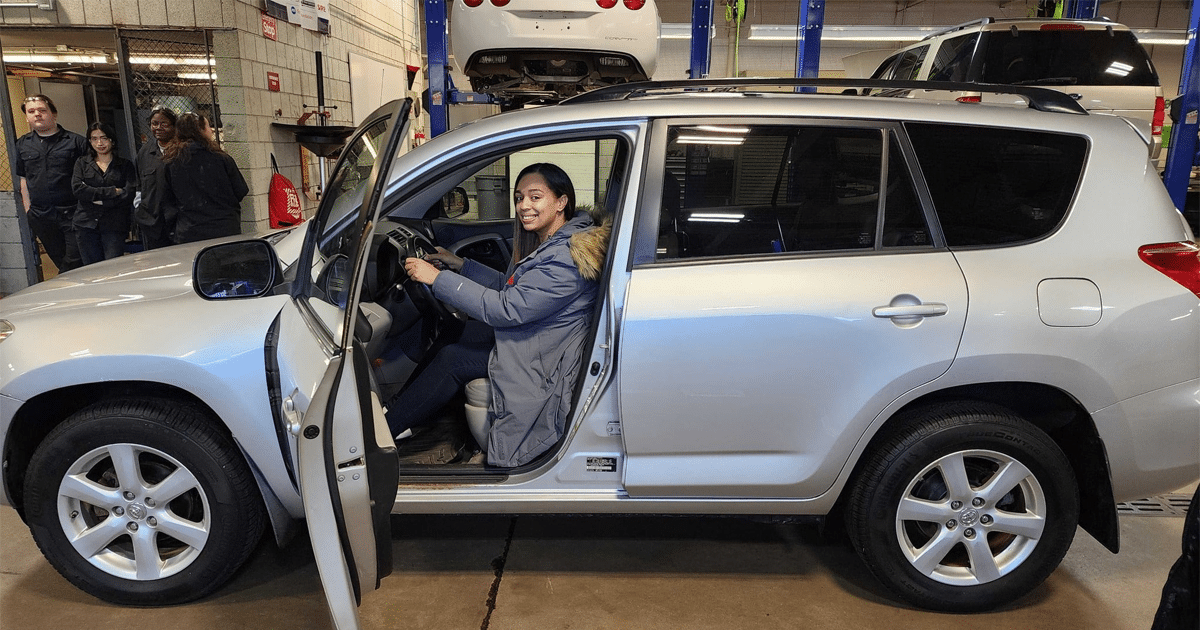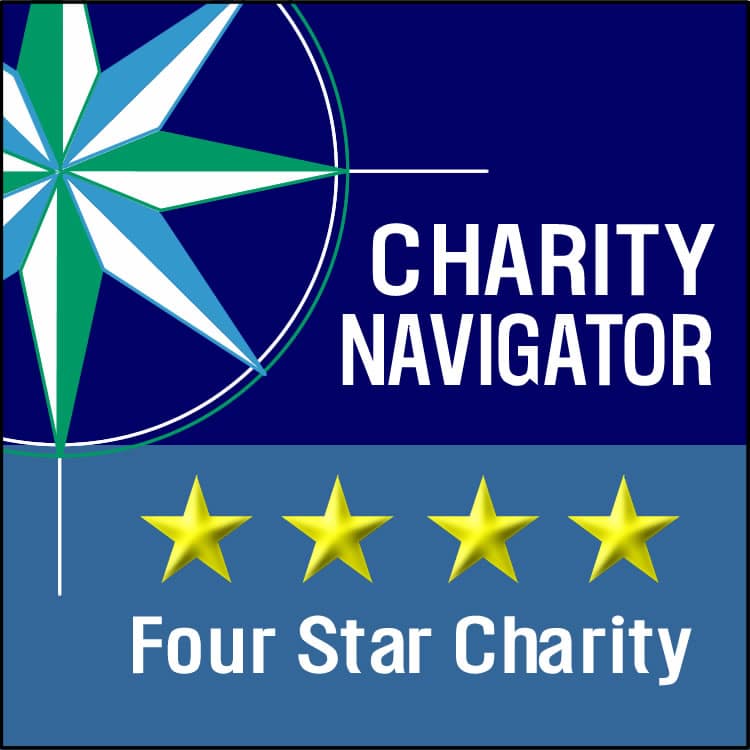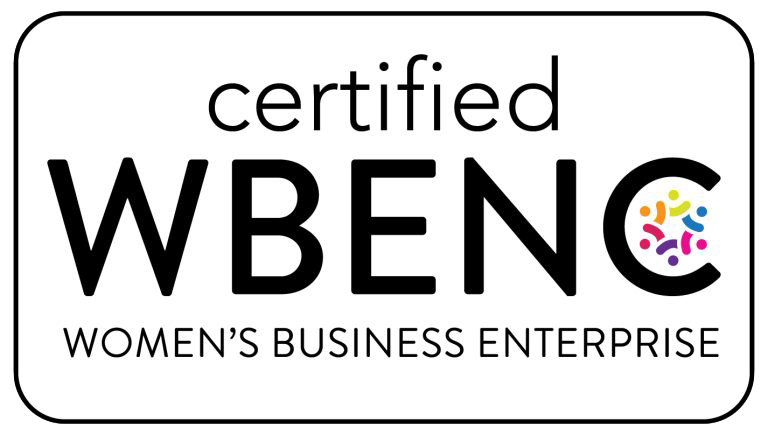
We’re thrilled to share two important updates that reflects our commitment to making financial education more accessible to women in our community – a new 8-week program for Financial Futures and a new digital budgeting tool with premium features.
Note For Our Volunteers:
Here is the WMM New Curriculum & My Finances Training Video — a great resource to help you prepare for your sessions.
A New 8-week Curriculum for Financial Futures!
After listening carefully to feedback from both participants and volunteers, we’ve redesigned our Financial Futures program into a streamlined 8-week curriculum. This was an opportunity to keep our content current, integrate our new My Finances tools, and make sessions even more engaging with added breakout sessions.
The new curriculum is action-oriented, focusing on practical exercises and hands-on learning rather than theory, so participants can immediately apply what they’re learning. This represents a shift from our previous 12-week format, and we couldn’t be more excited about the potential impact.
We’re also introducing early volunteer–participant matching, which means volunteers will be paired with participants before the first session. Signing up early ensures you can take full advantage of this opportunity to connect with your participant, understand her goals, and start building trust before the program begins.
Why the Change?
Your voices matter, and we heard you! The feedback was clear: while our content was valuable, the 12-week commitment was sometimes a barrier for busy women juggling work, family, and other responsibilities. Many potential participants and volunteers expressed interest but hesitated due to the longer time commitment.
At the same time, our curriculum was due for a refresh. The result is an 8-week program that’s focused, practical, and better aligned with the needs of both participants and volunteers.
What This Means
Our new 8-week format maintains all the essential financial literacy content while creating a more manageable commitment for everyone involved. We believe this change will:
- Increase participation by removing time barriers that prevented women from joining
- Attract more volunteers who can now more easily fit our program into their schedules
- Maintain program quality with focused, impactful sessions
- Create more program cycles throughout the year, reaching even more women
Introducing Our New Digital Budgeting Tool: My Finances
Built by Us, For Us
This isn’t just another budgeting app. After hearing repeated requests from participants and volunteers who wanted something more sophisticated than Excel spreadsheets but tailored to our program’s approach, we’ve developed a custom solution that combines the best features of premium financial tools (like Mint or Monarch) with the specific needs of our community.
What Makes It Special?
Our new budgeting tool offers:
- Full-featured functionality with all the capabilities you’d expect from premium budgeting software
- Custom integration with our 8-week curriculum topics and exercises
- Privacy-focused design built specifically for our participants
- User-friendly interface designed with feedback from women in our programs
- Seamless program integration that reinforces learning from each session
The Perfect Complement
This tool will work hand-in-hand with our new 8-week format, giving participants a practical way to immediately apply what they’re learning. Instead of struggling with generic spreadsheets or apps that don’t align with our teaching approach, participants will have a powerful, purpose-built tool to support their financial journey.
Thank you to our community of Volunteers for the feedback, testing, and engagement that has contributed to these new initiatives. Together, we’re making financial literacy more accessible, one woman at a time.
Learn more about our Programs and see the Upcoming Start Dates here
